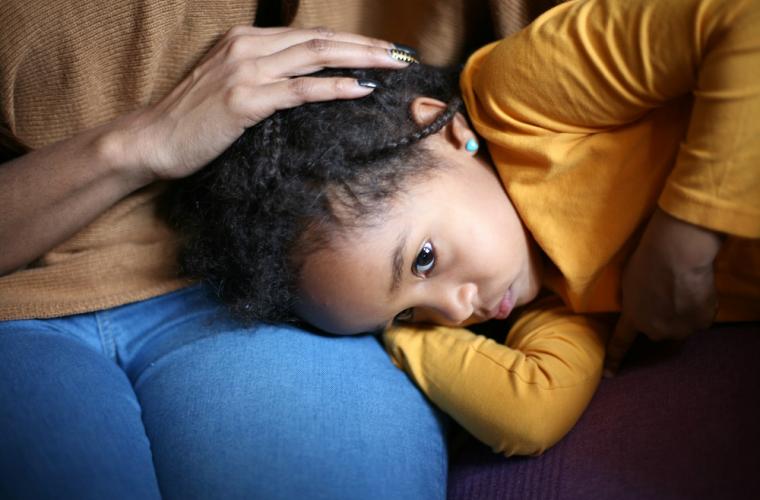More than 1,000 youth and community support workers could be recruited using money removed from a flagship government fund for youth services, according to new analysis by the Local Government Association.

The LGA, which represents 350 councils in England and Wales, is concerned the Government has reduced its Youth Investment Fund from £500 million to £378 million.
The fund, which was announced in 2019 and is due to be rolled out to 45 councils, is designed to create, expand and improve local youth facilities and their services.
The LGA says that while government investment in facilities and buildings is important, there should be a greater focus on staff and work programmes, and that wider investment is needed so other local areas can benefit.
By restoring the £122 million shortfall, the LGA estimates this could pay for around 1,200 full time youth and community support workers within councils over three years – increasing the overall number by around a third – helping to boost local efforts to support children and young people’s growing mental health needs, and tackle increasing rates of knife crime.
The LGA is warning that with the impact of the pandemic on young people likely to be felt for many years, now is not the time for the Government to row back on promised investment in youth services, which can provide a lifeline to young people.
It also comes as councils are already under significant financial constraints supporting children, with more than 8 in 10 councils forced to overspend their children’s social care budgets.
This has partly led to youth services experiencing a 70 per cent reduction in funding between 2010/11 and 2018/19.
The LGA says that while it is good the Government has announced a Youth Guarantee and a commitment to develop a youth services strategy, it is vital these important measures are backed by adequate levels of funding so councils can invest in staff and youth work programmes.
Cllr Anntoinette Bramble, Chair of the LGA’s Children and Young People Board, said:
“We are pleased the Government has recommitted to the Youth Investment Fund and has plans for a youth services strategy.
“However, councils and youth sector partners have already been waiting more than two years for the Fund to get off the ground only to find out that the original funding commitment is being reduced. We are also unconvinced that improving facilities should take greater priority over investing in the staff and youth work programmes, which can be transformative to a young person’s life.
“It is important that the Government sticks to its original funding commitment for this vital Fund and allow councils to invest in hiring hundreds of full-time youth workers.
“As we come out of the pandemic, it is really important that young people are able to build high quality relationships with trusted adults.
“It is also important that youth services can be flexible to meet need across the country, according to where they are needed the most. In some cases, this can mean youth workers going to young people, rather than expecting young people to travel to them.”
Notes to editors
The average basic full-time annual salary for youth and community support workers employed by councils in 2020/21 was £24,437. With on-costs including National Insurance and pension, this amounts to an estimated £32,803. The £122 million taken out of the original Youth Investment Fund could fund the employment of 1,239 workers.
There are currently 4,448 full-time youth and community support workers employed by councils.
Bright Futures: our vision for youth services – The LGA has set out its own long-term vision for youth services and provision, including six key principles for effective youth services
